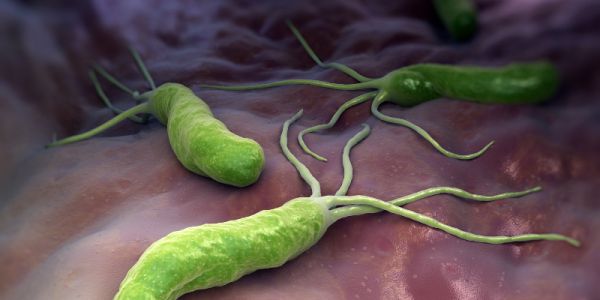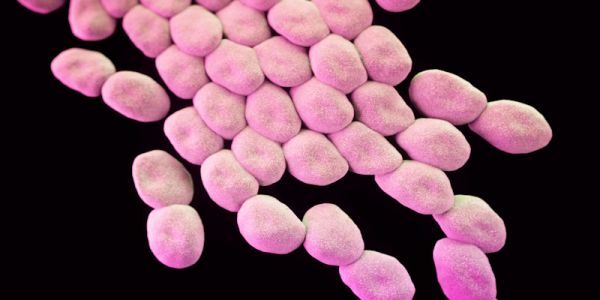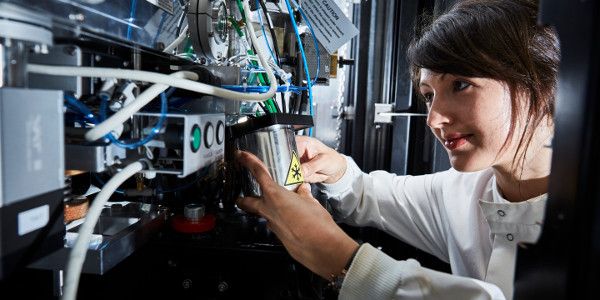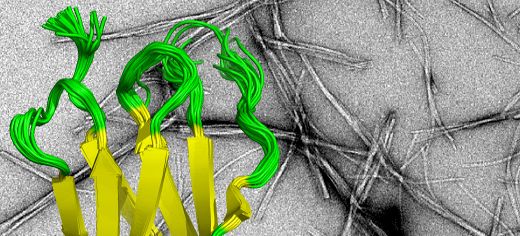
University joins £3.4m health data initiative to address major health challenges
Health Data Research (HDR) UK is today announcing the funding of a £3.4m innovative data initiative in the north of England, involving experts from the University of Leeds.








